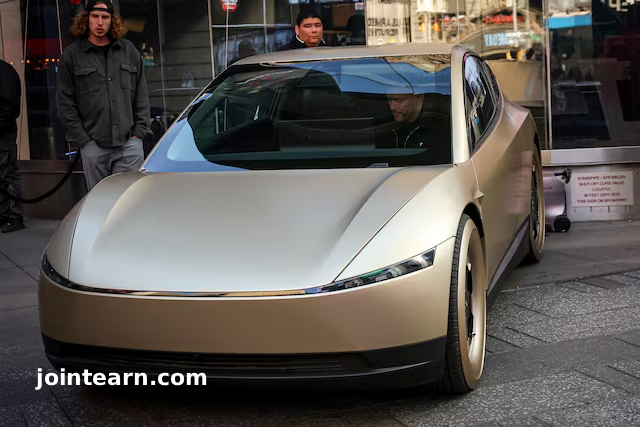
Tesla Moves to Exclude China-Made Parts in U.S. Vehicles
November 15, 2025 – Tesla Inc. (TSLA.O) is instructing its suppliers to eliminate China-made components from the production of its electric vehicles in the United States, the Wall Street Journal reported. The directive comes amid ongoing U.S.-China trade tensions, fluctuating tariffs, and concerns over supply chain reliability.
According to sources familiar with the situation, Tesla and its suppliers have already replaced some China-made components and aim to transition all remaining parts to non-China sources within the next one to two years.
Background: Trade Tensions and Supply Chain Challenges
Tesla executives have been navigating volatile U.S.-China tariffs throughout 2025, complicating pricing strategies for vehicles exported between the two countries. The company has been gradually increasing North American sourcing for U.S. factories over the past two years to reduce reliance on Chinese components and mitigate potential trade disruptions.
Data from the China Passenger Car Association showed that Tesla’s China-made EV sales fell 9.9% to 61,497 units in October compared to the previous year, reversing a modest 2.8% increase in September. Output of Model 3 and Model Y vehicles from Tesla’s Shanghai plant, including exports, also dropped 32.3% from September, reflecting ongoing production challenges.
Broader Industry Shift
Tesla is not alone in reducing dependence on China-made components. General Motors (GM.N) recently instructed thousands of its suppliers to remove Chinese parts from their U.S. supply chains. Executives across the automotive industry have been adjusting sourcing strategies in response to fears of rare-earth material shortages, chip bottlenecks, and volatile tariffs under the current U.S. administration.
These shifts highlight a growing trend among North American automakers to diversify supply chains, particularly for electric vehicles, to ensure stability amid geopolitical risks and trade disputes.
Implications for Tesla and the EV Market
By sourcing more components domestically or from non-Chinese suppliers, Tesla aims to:
- Stabilize production and pricing for U.S.-made vehicles
- Reduce exposure to trade-related disruptions
- Maintain competitive advantage in the North American EV market
- Strengthen resilience of its supply chain amid global uncertainties
Tesla has not commented publicly on the report outside regular business hours. Industry analysts anticipate that this strategy could influence other EV makers and suppliers to follow suit, further reshaping global automotive supply chains.


Leave a Reply